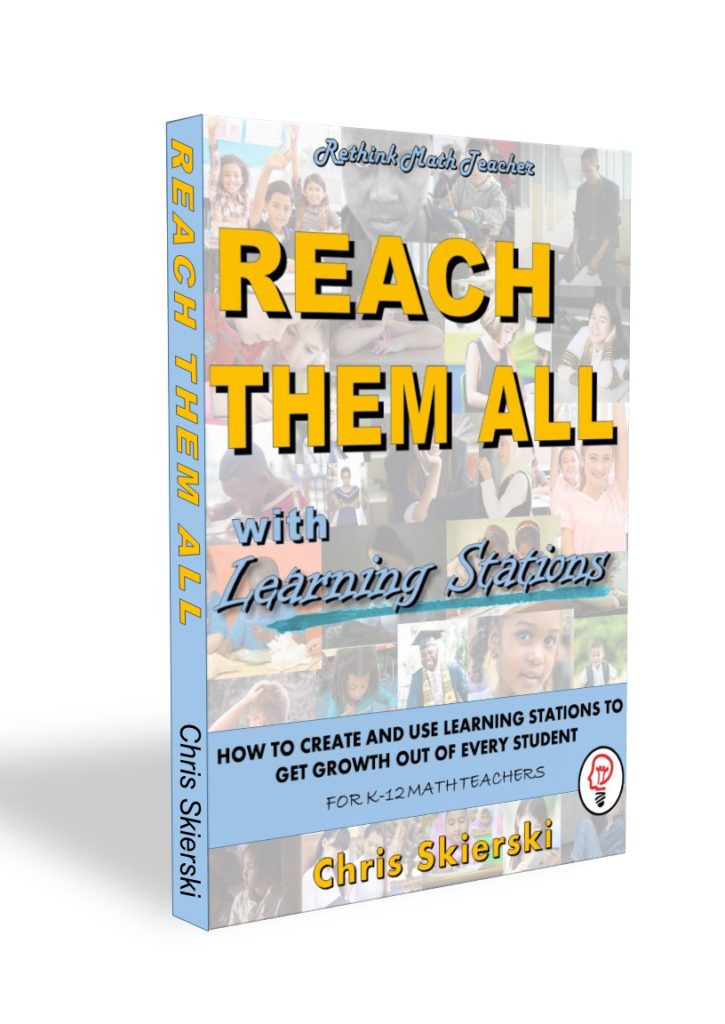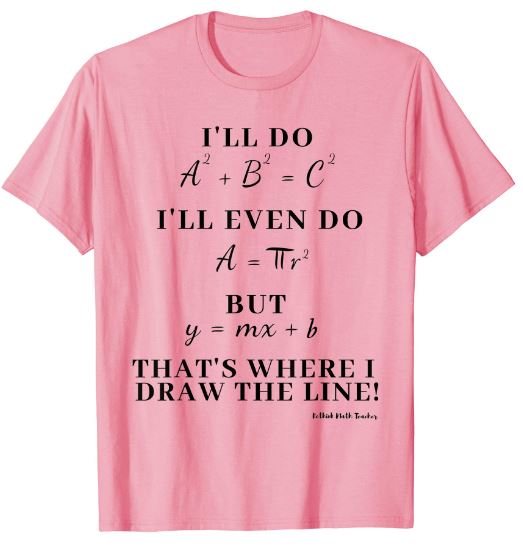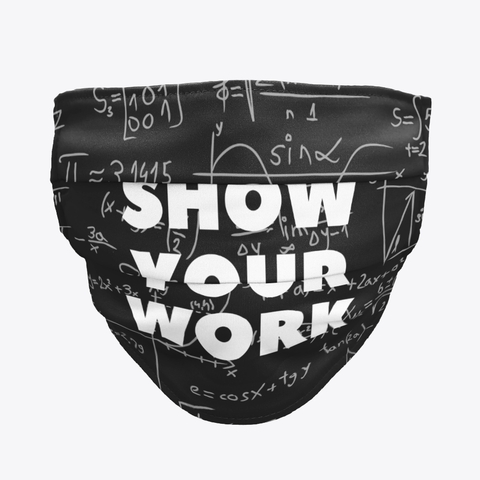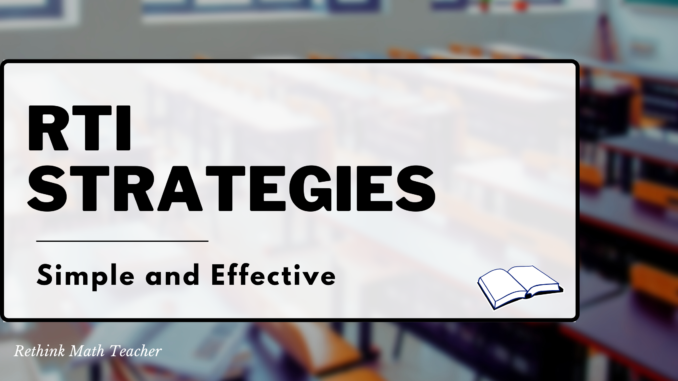
Is your Response to Intervention (RTI) program effective?
Is your school able to get growth out of your lowest students?
Instead of trying new or elaborate techniques that require lots of training and yield little results, I’d like to propose that we instead return to focusing on the basics.
Basic Strategies
Here are a few basic strategies that I feel are often overlooked, but are foundational to helping your students master the content being taught. For more information, you can enroll in my free online Professional Development course – 5 Strategies to Help your Students Get It.

These strategies are simple and easy to implement. Things like providing students with immediate feedback so they can learn from their mistakes, giving students more practice attempts if they are struggling, or remediating prerequisite skills needed to do the classwork.
Strategy 1 – Providing Immediate Feedback
Immediate feedback is necessary for anyone to master anything. It’s true in sports, fine arts, and it’s true in academia. If we all understand that independent practice is necessary to master the concept, immediate feedback is necessary to make that practice meaningful.
When you practice a new skill, you need to know whether or not you’re completing the practice correctly. This is why feedback is necessary. It either helps you learn from your mistakes, or gain confidence as you do the work correctly.
This is how an athlete learns the proper form to swing a golf club, shoot a basketball, throw a football, and more. It’s also how a musician learns to play a note, how an artist learns to paint or sculpt, and how a thespian learns her lines. They practice the skill and the coach provides feedback after each repetition until they master the skill. Then they practice it correctly over and over again.
Vince Lombardi famously said, “Practice does not make perfect, perfect practice makes perfect.”
It’s also true in your math class. If students are not practicing the work correctly, they are not learning it. And they will not know if they’re practicing it correctly if they aren’t being provided immediate feedback.
If your students are struggling to master what you’re teaching them, focus on providing them with immediate feedback.
For more ideas on providing immediate feedback, read these articles
- The Value of Immediate Feedback
- Going over Homework the Next Day in Class is Not Immediate Feedback
- Help Your Students Learn from their Mistakes
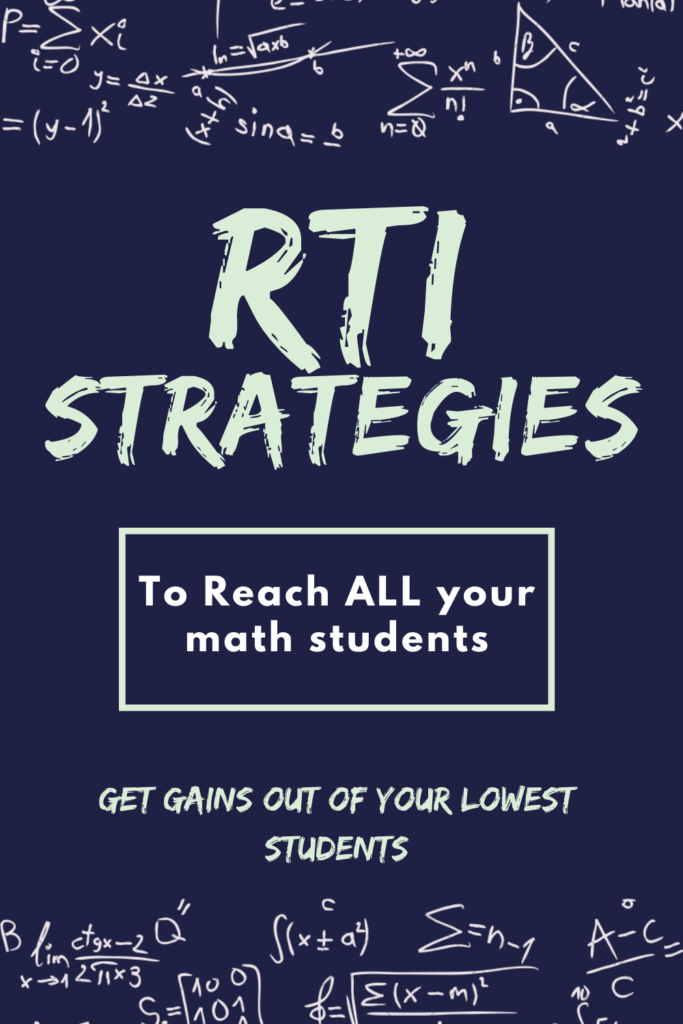
Increase your Practice Repetitions
We learn something by doing it repeatedly. This is how we convert that information or skill into our long-term memory (or muscle memory). Of course, as we said above, this practice must be done correctly, which is why immediate feedback is so important.
However, not everyone learns at the same pace.
Some people have natural gifts in certain areas of life, and they learn new skills relatively quickly. While others are not natural in these areas, and they take longer than most.
I’m sure you know some natural musicians who can quickly, and almost effortlessly, learn a new musical instrument or song. You also likely know some natural athletes who pick up new skills with ease. The same is true in arts, vocational skills, and yes, even in academics – some people just learn things quicker and easier than most.
And the reverse is true. Some of us struggle with certain things. I’m not a good artist. It takes me longer than most to be able to do even the simplest of stick figure drawings. Others of us struggle with athletic skills, we’re not musically inclined, and yes, some of us struggle with academics. I struggle with foreign languages, some struggle with grammar rules or prose, and some struggle with math!
Think of a skill that you struggle with.
Struggling with something doesn’t mean we’re dumb. Nor does it mean we can’t do it. It just means that it will take us longer than most to master that skill.
I can now successfully draw stick figures, but it took me a long time to learn how to do it. I can also play the guitar, but it took me much longer than everyone else to finally learn some of the chords and strum patterns (and there are still some that I struggle with).
What about you and the skills you struggle with? Have you mastered it? How long did it take?
Some of your students struggle with math. They take longer than most. This means they need more practice than the average student. This also means that they will move at a slower pace than the rest of the class.
Instead of pushing this student on before they have received the number of practice repetitions that they need, provide them with more practice (practice that includes immediate feedback) so that they too can find success.
For more ideas on increasing your immediate feedback, read these articles
- Give Your Students as Long as They Need
- What to do When Your Students Don’t Get It
- Why I Give My Students Second Chance Tests
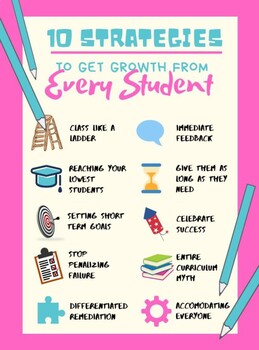
Remediate Prerequisite Skills
Much of math builds upon itself. For example; long division requires that the student know their times tables, double-digit addition, subtraction, and perhaps understanding place value as well.
If a student cannot multiply with double-digit numbers, they will not be successful at long division.
So, instead of forcing them to sit through lessons on long division, and practice it over and over again without success, I recommend providing them with the tools that they need to be successful.
Remediate them on those prerequisite skills so that they can do the grade-level work.
The same is true with many math skills.
Let’s look at another example: Adding and Subtracting Numbers in Scientific Notation. To do this, students likely need to understand exponent rules. They definitely need to know how to add and subtract numbers with decimals. They also need to understand scientific notation. If these skills aren’t mastered, the student cannot do the grade-level work. So remediate these skills so that they can find success.
Consider the skill you are currently working on with your students. What prerequisite skill is hindering them from being successful? Instead of pushing students on, let’s remediate them so that they can find success.
For more articles on remediating prerequisite skills read these:
- Differentiated Remediation
- How I Discovered Learning Stations
- Plugging the Holes, Remediation that Works
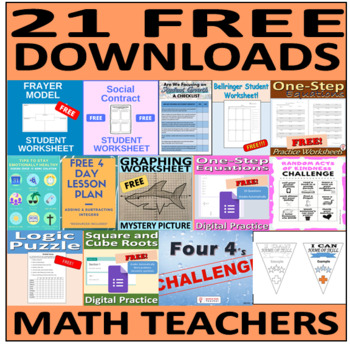
Swiss Cheese Math
Think about the fact that some of your students take longer than others to master a skill. What often happens is that the teacher paces the whole class together, and doesn’t allow these students the extra time they need to grasp the concept.
So all students are moved on to the next skill before they have mastered the first. And since the next skill often builds on the first, they are not able to do it either.
As this pattern continues, it is clear why we have students who cannot do their grade-level work. We have students in Algebra who can’t add fractions, or in middle school who don’t know their times tables, or a litany of other examples of students in upper grades who can’t do the grade-level work.
Part of the reason for this dilemma is that we have students who take longer than most to learn the concept, and instead of being given that extra time, they are being progressed to the next skill, and the next, without ever mastering the prerequisite skill.
This causes us to have students with holes in their math abilities – like Swiss Cheese.
Instead, I propose that we give our students as long as they need, and remediate the prerequisite skills required to do the grade-level work.
But How?
How can we give some students longer than others?
How can we remediate some students on some skills, and some on others, while those who don’t need the remediation are allowed to progress and still be pushed?
It Can’t Be Done in the Traditional Educational Model
In the traditional education model, we give all of our students the same amount of practice, on the same math skills, as everyone else in the room. And then, when the majority of the class seems to have mastered it, we progress them to the next math concept – and those who aren’t ready to move on have to anyways (and those who were ready to move on long ago, have been held back).
This type of whole-group pacing holds back your strongest students and punishes your weaker students.
Instead, I propose that you differentiate your instruction so that you can reach every student.
Remediate your weaker students while accelerating your stronger ones.
To do this, I build learning stations for each skill. The learning station includes a reteach (so the student is taught how to perform the task) and then gives the student lots of practice on that skill with immediate feedback – as much practice as they need.
I put each student in the learning station of the skill that they need to master (so different students are working on different skills at the same time). But I pace all of the learning stations at the same pace, so I know what everyone is working on, even though they’re all working on different skills at the same time.
For more information on Learning Stations, read these articles. I also have a book and an online course that will teach you how to build your own and run them in your class so that you can reach all of your students.
For premade learning stations, click here
More Articles on Learning Stations
- 7 Reasons you Should Differentiate with Learning Stations
- Challenging your Stronger Students, While Reacher your Weaker Ones
- Why You Should Create Learning Stations
